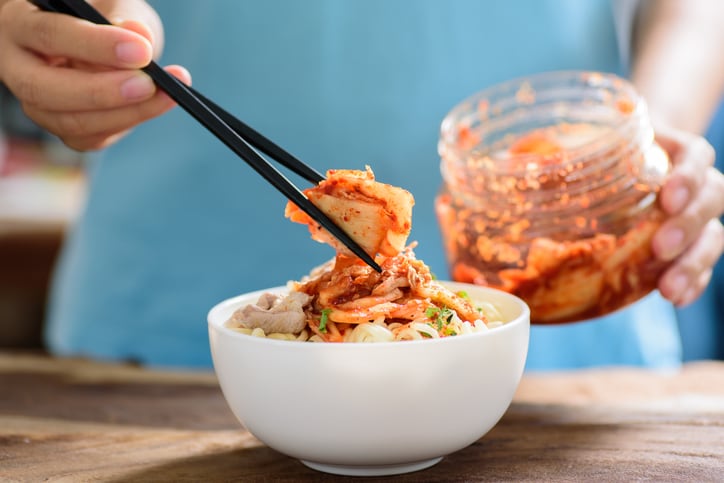According to MAFRA Minister Song Miryung, stabilisation is the ministry’s priority for 2025 in light of the current global macroeconomic environment.
“Food and agriculture are areas that have a direct impact on the livelihood of the South Korean people, so government policies are crucial to help household economies recover [amidst these challenging times],” she said via a formal statement.
“As such, this year we will prioritise the stabilisation of local household economies and implement intensive efforts to address challenges facing both consumers and farmers, which will be a main focus in the first half of the year.”
One of the major areas of focus is supply management in order to ensure that consumers will not need to face any form of food shortage in the coming year.
“An important area here is to reduce food waste, and to this end MAFRA will introduce controlled atmosphere storage (CA) technology locally to extend the storage period of fresh foods, such as lengthening the storage of kimchi cabbages from two months to three months,” she said.
“This will be useful to increase local supplies of major vegetables through contract farming; and we will also create an ‘overseas development model’ to ensure that vegetables can be imported in a timely manner if required.
“MAFRA also has plans to revamp the system to sell and distribute Hanwoo beef and related products, introduce a new grading system in the second half of the year, as well as increase the online trading volumes of livestock products up to KRW280bn (US$195.7mn).
“This supply management will be focused on 10 major food items that have a significant impact for consumers: kimchi cabbages, radishes, garlic, onions, apples, pears, hanwoo (Korean beef), pork, chicken, and eggs.”
In addition to stabilising the local food system, MAFRA is also prioritising food exports to various key markets with a particular emphasis on 10 key items.
“The plan is to expand export markets for K-Food Plus (food + agriculture + all related industries in the supply chain e.g. digitalisation, farming, pet food, etc.) by targeting the Middle East and the Republic of South Africa, as well as small and medium cities in the U.S., China, and Japan,” she added.
“In particular, we plan to focus on 10 major export items including paprika, grapes, strawberries, pears, ginseng, kimchi, ramyeon, processed rice-based foods, biscuits and confectionery, and beverages.
“Initiatives by MAFRA will include providing support for the production of high-end versions of items like grapes and strawberries, and the development of new products like the processed rice products.”
The ministry is also changing the structure of the local rice industry to prevent overproduction, increase high-quality rice, promote the consumption of rice and requiring rice products to be labelled with protein content for consumer awareness.
Protecting the needy
The 2025 Work Plan also includes a number of protective schemes to ensure both food producers and consumers receive the aid and protection they need to stay safe.
“We are introducing various improvements to our agricultural crop disaster insurance programme, to expand coverage against more new disasters such as damage by harmful insects and diseases, lack of sunlight and more,” said the ministry.
“Insurance protection of four kinds of fruit trees against ‘comprehensive’ dangers such as natural disasters, damage caused by birds and animals, fire and so on will be strengthened as well.
“For consumers, MAFRA will be expanding the local food safety net particularly in terms of the agri-food products voucher programme which is targeted at the households receiving public support.
“These include pregnant women, new mothers, newborns, infants, and toddlers.
“There will also be an expansion of the 1,000-won (US$0.70) breakfast project under which high-quality breakfasts made with rice and rice-based products is provided for undergraduates to promote rice consumption and reduce their financial burden.”


